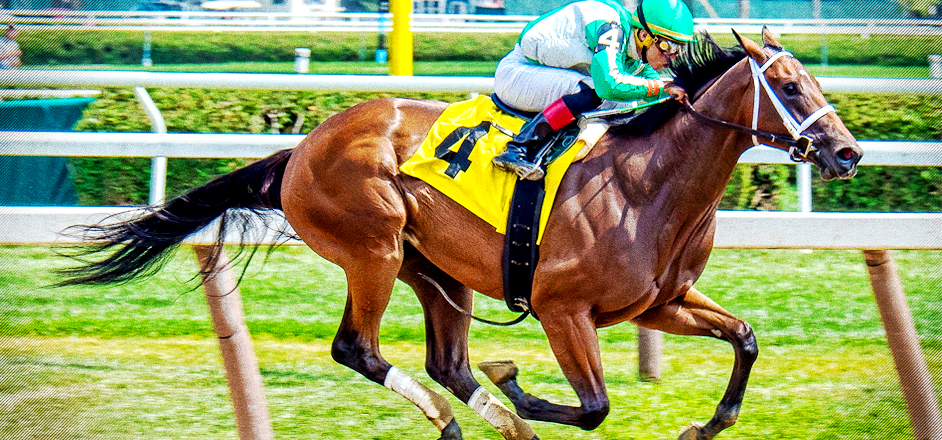OCEANPORT, N.J. (AP) — New Jersey's governor kicked off a new era of gambling Thursday in the state that led the charge for the entire nation to bet on sports legally.
Gov. Phil Murphy placed $20 bets on Germany to win the World Cup soccer tournament, and the New Jersey Devils to win hockey's Stanley Cup next season.
Murphy plunked his money down at a counter inside Monmouth Park, a horse racing track in Oceanport, near the Jersey shore. The wagers came a month after New Jersey won a U.S. Supreme Court case clearing the way for all 50 states to legalize sports betting if they choose.
From there, he was headed to the Borgata, the first Atlantic City casino to offer sports betting, where he planned to make another bet or two.
Murphy cited the old adage to "bet with your head, not with your heart." As the state fought for eight years against a federal law that had limited sports betting to only four states — Nevada, Delaware, Montana and Oregon — the Democratic governor said, "Our heads and hearts were in alignment."
"We knew in our heads we were right and we knew in our hearts we would win," he said. "We've got a lot of good times ahead."
Bettors were quick to line up at counters in the track's sports book facility, underneath video boards touting odds on baseball, football, soccer and hockey.
Al Pniewski, of Hazlet, New Jersey, took the day off from his warehouse job at a food service company to bet $100 on the Pittsburgh Steelers to win the next Super Bowl, at 12-1 odds. (The New England Patriots were favored at 6-1, followed by the Los Angeles Rams and 8-1.)
"My wife thinks I'm nut for doing this," he said. "This has been a long time coming. On college football Saturdays, me and my brother-in-law are gonna be here every weekend."
Greg Visone, of Millburn, New Jersey, bet on Russia to prevail in its opening World Cup match against Saudi Arabia.
"I'm taking Russia minus a goal," he said. "The odds are good; they just changed."
Visone said he wishes New Jersey had legal sports betting 25 years ago, predicting that the state's racetracks would be in better financial shape.
Both Pniewski and Visone had previously placed bets with neighborhood bookies, as well as offshore internet sites; both had gotten burned at least once dealing with the shady side of sports betting. Pniewski lost his money with a website when he tried to cash out, and Visone got lured in by fake odds of 40-1 on a soccer game that turned out to be 4-1, after he had wired his money to make the bet.
Those sorts of experiences are among the things legal sports betting aims to prevent. New Jersey's Division of Gaming Enforcement issued its sports betting regulations on Wednesday, and the activity is subject to numerous consumer protections.
British bookmaker William Hill partnered with Monmouth Park to offer sports betting years before it was even possible, in anticipation of the day when a federal prohibition on such wagering in all but four states would be reversed.
"I'm super-excited," said Joe Asher, CEO of William Hill US. "A lot of people have worked a long time to make this happen."
Asher said he contacted Dennis Drazin, who runs Monmouth, in 2012 about getting in early on a U.S. sports betting market that did not yet exist. They signed a contract to do it in 2013, and have been preparing ever since.
Drazin said the track has spent $5 million in the run-up to sports betting on physical renovations and legal fees, adding he was "euphoric" to see the first bets actually placed.
Experts predict in-game betting, in which customers use smartphones to wager on developments over the course of a game, will quickly become a major component of sports betting in the U.S.
But online sports betting will not start for at least 30 days in New Jersey; until then, it is limited to casinos and horse tracks.—WAYNE PARRY, AP



Leave a Reply
You must be logged in to post a comment.